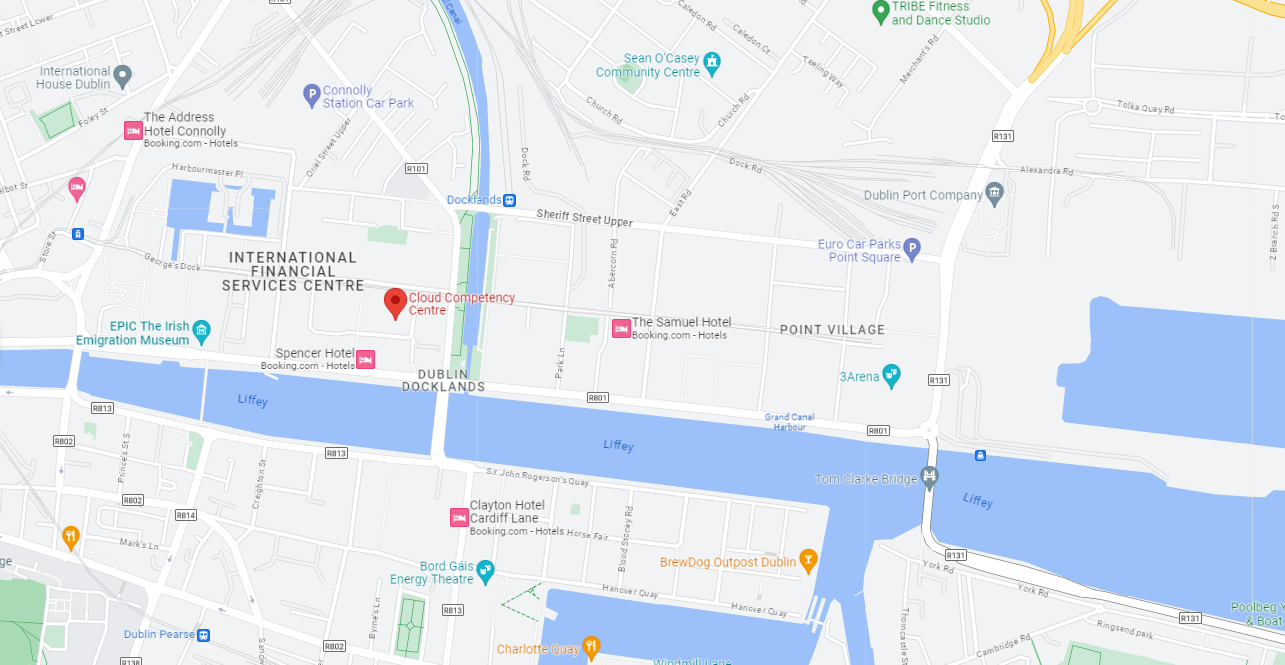Call for papers
Heterogeneity is emerging as one of the main issues of today's and future HPC environments where different nodes organizations, memory hierarchies, and kinds of exotic accelerators are increa- singly present. It pervades the entire spectrum of Computing Continuum, ranging from large Cloud infrastructures and Datacenter up to the Internet of Things and Edge Computing environments, aimed at making available in a transparent and friendly way the multitude of low-power and heterogeneous HPC resources available everywhere around us. In this context, Computational Science and Machine Learning, need to leverage efficient and highly scalable libraries and tools capable of exploiting such modern heterogeneous environments. This workshop aims to provide a forum for researchers and practitioners to discuss recent advances in parallel methods and algorithms and their implementations on current and future heterogeneous HPC architectures. We solicit research works that address algorithmic design, performance analysis, implementation techniques, integration of parallel numerical methods in science and engineering applications, energy-aware techniques, and theoretical models that efficiently solve problems on heterogeneous platforms.
Themes (not limited to):
- Tools and programming environments supporting different forms of parallelism
- Heterogeneous algorithms for dense and sparse numerical linear algebra
- Heterogeneous algorithms for optimization and non-linear problems
- Applications of heterogeneous numerical algorithms in science and engineering
- Analysis methods for large data sets
- Multi/Many-cores and GPU tools for parallel solution of large-scale problems
- Performance and scalability models
- Energy aware algorithms
- Auto tuning techniques for heterogeneous and parallel environments
- Multi-level cache management
- Task scheduling and load balancing among heterogenous computing elements
- HPC on low-power devices
- Integration of Cloud/Fog/Edge computing techniques and tools
Important Dates:
- Deadline for paper submission: 02 December 2023
- Acceptance notification: 18 December 2023
- Camera-ready paper due: 08 January 2024
- Registration open: 12 December 2023
Submission guidelines:
- Prospective authors should submit a full paper not exceeding 8 pages in the IEEE Conference proceedings format (IEEEtran, double-column, 10pt) through the EasyChair portal, indicating the Workshop in the first step.
- Double-blind review: the paper should not contain authors’ names and affiliations; in the reference list, references to the authors’ work entries should be substituted with the string “omitted for blind review.”
- Registration: At least one author of an accepted paper must register for the conference and present in person their paper at the conference venue in Dublin.
- Publication: all accepted papers will be included in the same proceedings volume published by Conference Publishing Services (https://ieeecps.org). For an accepted paper to be included in the proceedings, the author has to present in person the paper at the conference. The Proceedings will be submitted for indexing to the main abstract and citation databases.
Event Sponsors
A dissemination event for the EU funded PRIN research projects:
G.A.N.D.A.L.F. - Gan Approaches for Non-iiD Aiding Learning in Federations
STRUDEL - A sustainable and trusted Transfer Learning Platform for Edge Intelligence

Organizers

Salvatore Cuomo
University of Naples Federico II, Italy

Giuliano Laccetti
University of Naples Federico II, Italy

Marco Lapegna
University of Naples Federico II, Italy

Francesco Piccialli
University of Naples Federico II, Italy
Event Venue
The conference will be hosted by the Cloud Competency Centre (https://www.ncirl.ie/cloud) at the National College of Ireland, situated at the heart of Dublin’s International Financial Services Centre (https://www.ifsc.ie) with excellent air, road, rail, and sea connections.




